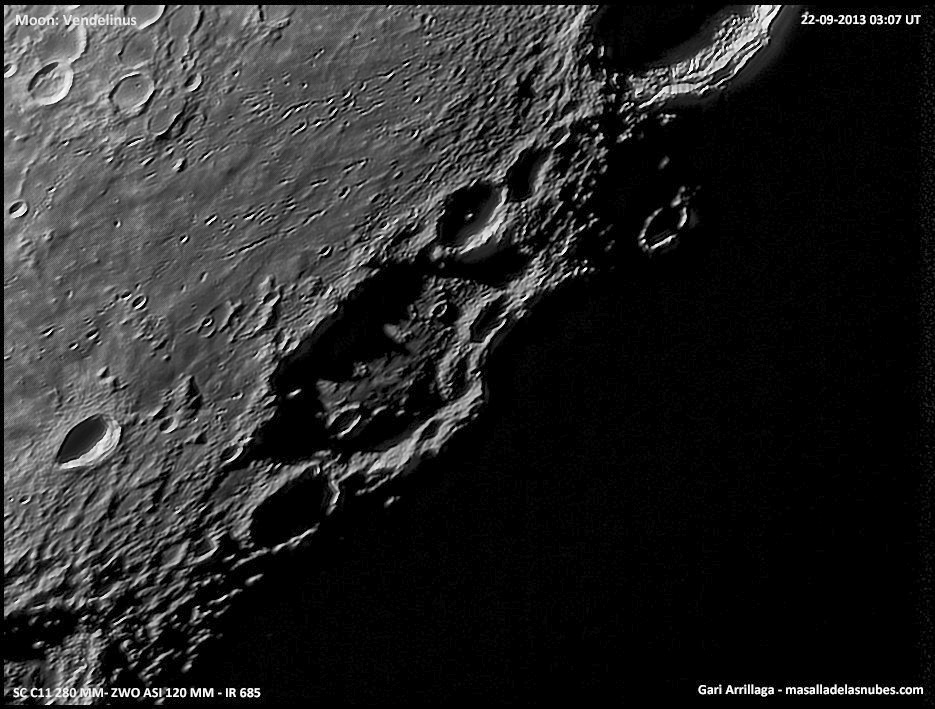Difference between revisions of "October 14, 2013"
| (2 intermediate revisions by the same user not shown) | |||
| Line 1: | Line 1: | ||
__NOTOC__ | __NOTOC__ | ||
=A Flat Rim?= | =A Flat Rim?= | ||
| + | <!-- Start of content --> | ||
<!-- ws:start:WikiTextHeadingRule:0:<h1> --> | <!-- ws:start:WikiTextHeadingRule:0:<h1> --> | ||
<!-- ws:start:WikiTextLocalImageRule:6:<img src="/file/view/LPOD-Oct14-13.jpg/459394902/LPOD-Oct14-13.jpg" alt="" title="" /> -->[[File:LPOD-Oct14-13.jpg|LPOD-Oct14-13.jpg]]<!-- ws:end:WikiTextLocalImageRule:6 --><br /> | <!-- ws:start:WikiTextLocalImageRule:6:<img src="/file/view/LPOD-Oct14-13.jpg/459394902/LPOD-Oct14-13.jpg" alt="" title="" /> -->[[File:LPOD-Oct14-13.jpg|LPOD-Oct14-13.jpg]]<!-- ws:end:WikiTextLocalImageRule:6 --><br /> | ||
<em>image by [mailto:gari@adbooth.net Gari Arrillaga]</em><br /> | <em>image by [mailto:gari@adbooth.net Gari Arrillaga]</em><br /> | ||
<br /> | <br /> | ||
| − | Looking at [ | + | Looking at [https://the-moon.us/wiki/Vendelinus Vendelinus] when the Sun is [http://www2.lpod.org/wiki/February_11,_2007 high], the west rim looks relatively the same elevation everywhere. But in Gari's view with the crater on the terminator, shadows of dramatically different length cross its floor. There can be two causes: the rim varies in height, or the floor's elevation is significantly uneven, or perhaps there is a combination of both. Now that we have the [http://bit.ly/19Iao0w QuickMap] elevation tool it is easy to test these two hypotheses. A traverse along the ring crest of the western wall shows that it varies in elevation by 500-600 m, whereas a similar traverse across the floor where the shadow tips are on Gari's image shows elevation variations of typically 50 m or so. This suggests that most of the shadow length variation is due to rim elevation differences enhanced by shadow magnification. But some may also be due to floor unevenness because a change of just a few meters can extend the shadow a long distance. The closer to the terminator the greater the effect of shadow magnification. In any case, dramatic shadows, or what Danny Caes calls [https://the-moon.us/wiki/clair-obscur clair-obscur] effects.<br /> |
<br /> | <br /> | ||
<em>[mailto:tychocrater@yahoo.com Chuck Wood]</em><br /> | <em>[mailto:tychocrater@yahoo.com Chuck Wood]</em><br /> | ||
<br /> | <br /> | ||
<strong>Related Links</strong><br /> | <strong>Related Links</strong><br /> | ||
| − | <em>[ | + | <em>[[21st Century Atlas of the Moon|21st Century Atlas]]</em> chart 3.<br /> |
<br /> | <br /> | ||
<p><b>Yesterday's LPOD:</b> [[October 13, 2013|A Rim Mound]] </p> | <p><b>Yesterday's LPOD:</b> [[October 13, 2013|A Rim Mound]] </p> | ||
Latest revision as of 08:35, 28 October 2018
A Flat Rim?

image by Gari Arrillaga
Looking at Vendelinus when the Sun is high, the west rim looks relatively the same elevation everywhere. But in Gari's view with the crater on the terminator, shadows of dramatically different length cross its floor. There can be two causes: the rim varies in height, or the floor's elevation is significantly uneven, or perhaps there is a combination of both. Now that we have the QuickMap elevation tool it is easy to test these two hypotheses. A traverse along the ring crest of the western wall shows that it varies in elevation by 500-600 m, whereas a similar traverse across the floor where the shadow tips are on Gari's image shows elevation variations of typically 50 m or so. This suggests that most of the shadow length variation is due to rim elevation differences enhanced by shadow magnification. But some may also be due to floor unevenness because a change of just a few meters can extend the shadow a long distance. The closer to the terminator the greater the effect of shadow magnification. In any case, dramatic shadows, or what Danny Caes calls clair-obscur effects.
Chuck Wood
Related Links
21st Century Atlas chart 3.
Yesterday's LPOD: A Rim Mound
Tomorrow's LPOD: A Wonderful Corona
COMMENTS?
Register, Log in, and join in the comments.



